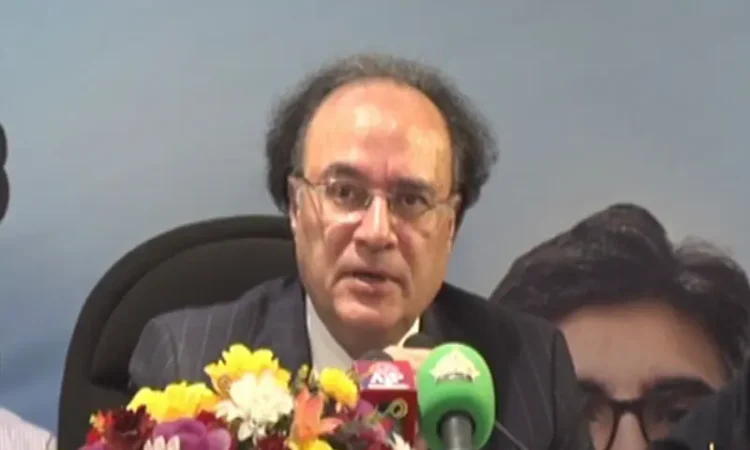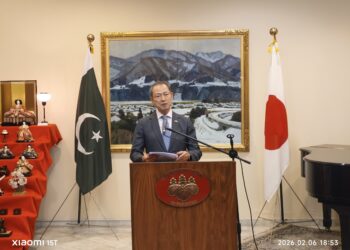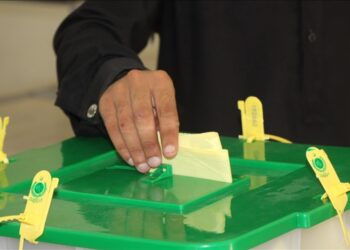KARACHI; Finance Minister Muhammad Aurangzeb on Wednesday described Pakistan’s growing population and the climate crisis as “existential issues” that must be addressed if the country is to realise its full potential.
Speaking to members of the business community in Karachi, Aurangzeb said Pakistan’s future depended on effectively tackling these two challenges. “We cannot realise the potential of this country unless we address population and climate change,” he said.
According to the World Bank, Pakistan’s population exceeds 251 million, with a 2024 annual growth rate of 1.5 percent. The 2023 census recorded a rise of 2.55 percent since 2017, underscoring the rapid increase.
Aurangzeb pointed out that while Pakistan contributes less than one percent to global carbon emissions, it faces severe consequences from climate change. “We have the funding. First, utilise what we already have,” he remarked, stressing practical adaptation measures.
He also said that population concerns extended beyond numbers to child stunting, education, and learning poverty, particularly girls being out of school. “These are areas where the federation and provinces must work together,” he added.
Aurangzeb explained that while economic issues are immediate and may be solved in a few years, climate change and population challenges are long-term threats requiring urgent action.
Responding to a question about the government’s policy direction, the finance minister said Islamabad plans to deregulate wheat and sugar to promote market efficiency. “The government should opt out of whatever matters it can. Both policies are coming,” he confirmed.
He clarified that wheat may still need to be maintained as a strategic reserve due to its staple nature, but overall, the government seeks to exit the supply chain entirely. Aurangzeb added that the government’s new ‘Wheat Policy 2025–26’ was introduced to transition toward a market-based system while protecting flood-affected farmers.
Commenting on exports, he said rice exports suffered due to crop damage in Punjab but still ranged between $3–4 billion.




































































